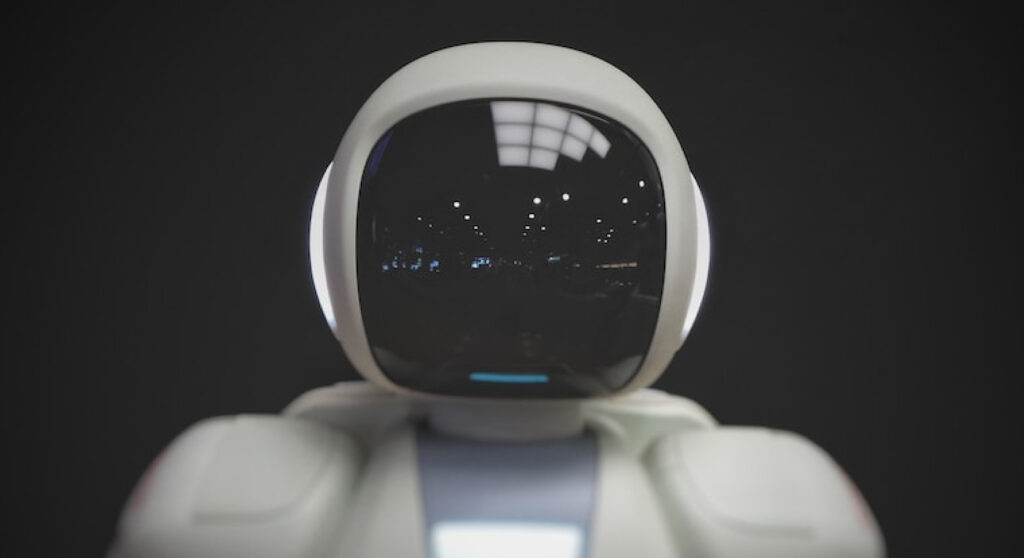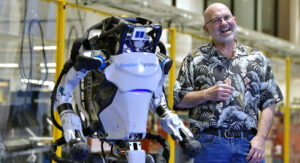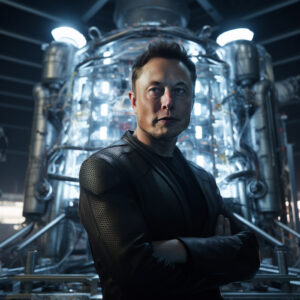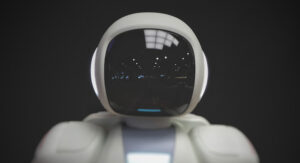Low-code and ethical: what artificial intelligence will be like in 2023

Chat-bots and text-to-image technology will reach a new level.
2022 was the year when everyone could touch AI — by talking to a learning chatbot ChatGPT or by generating a text image with Stable Diffusion, DALL-E or Midjourney neural networks.
In 2023, the mass interest in natural language processing (NLP) technologies is likely to subside: from entertainment, neural networks will gradually become full-fledged technological edutainers. Already now there is talk about a new profession of AI Prompt Engineer, which consists in correctly formulating the task for AI in order to get the desired result in the output.
In the coming year, we expect the market to see new major players in the NLP sphere. The competition between them will grow and we will see a completely new level of AI capabilities.
Ethical and Legal Issues of AI.
AI-based tools, including the well-known ChatGPT and Midjourney, are based on basic data models, which in turn are trained on a huge dataset: photos, texts and pictures from all over the Internet. This is one of the main challenges of working with AI — because the Internet itself is unethical, and the people who generate content on it are often unethical, too. In 2023 we may expect more interest in this problem and the emergence of independent experts on ethical aspects of AI (in the same way as in the past there were managers, which then became an established practice in the West).
In addition, the legal status of AI works will come under close scrutiny in 2023. Neural networks are constantly learning from photos, pictures and comics posted on the Internet — including those protected by copyright or privacy law. Copyright holders are already sounding the alarm and getting results: for example, the Getty Images photobank has banned the upload and sale of images generated by a neural network.
By the way, the problem of copyright preservation also applies to the code — now AI is able to generate it based on other people’s developments from closed and open sources. In 2023, we can expect the appearance of a legal framework for the use of AI, which is already being developed in the EU and the United States.
Low-code AI.
It is obvious for business that AI can improve both a company’s product or service and its internal processes. However, implementing the technology scares many people: it requires large investments and qualified specialists, which are not easy to find. In 2022, there was more and more talk about Low-code AI — a set of tools that allows the application of AI algorithms and machine learning without writing technical code, just using ready-made solutions, as in a construction kit.
No-code AI is completely changing the development industry: the tool enables people from any field with any technical background to use AI capabilities and companies to adapt faster to changes in the market. In 2023, we expect a boom in the emergence of such solutions.








